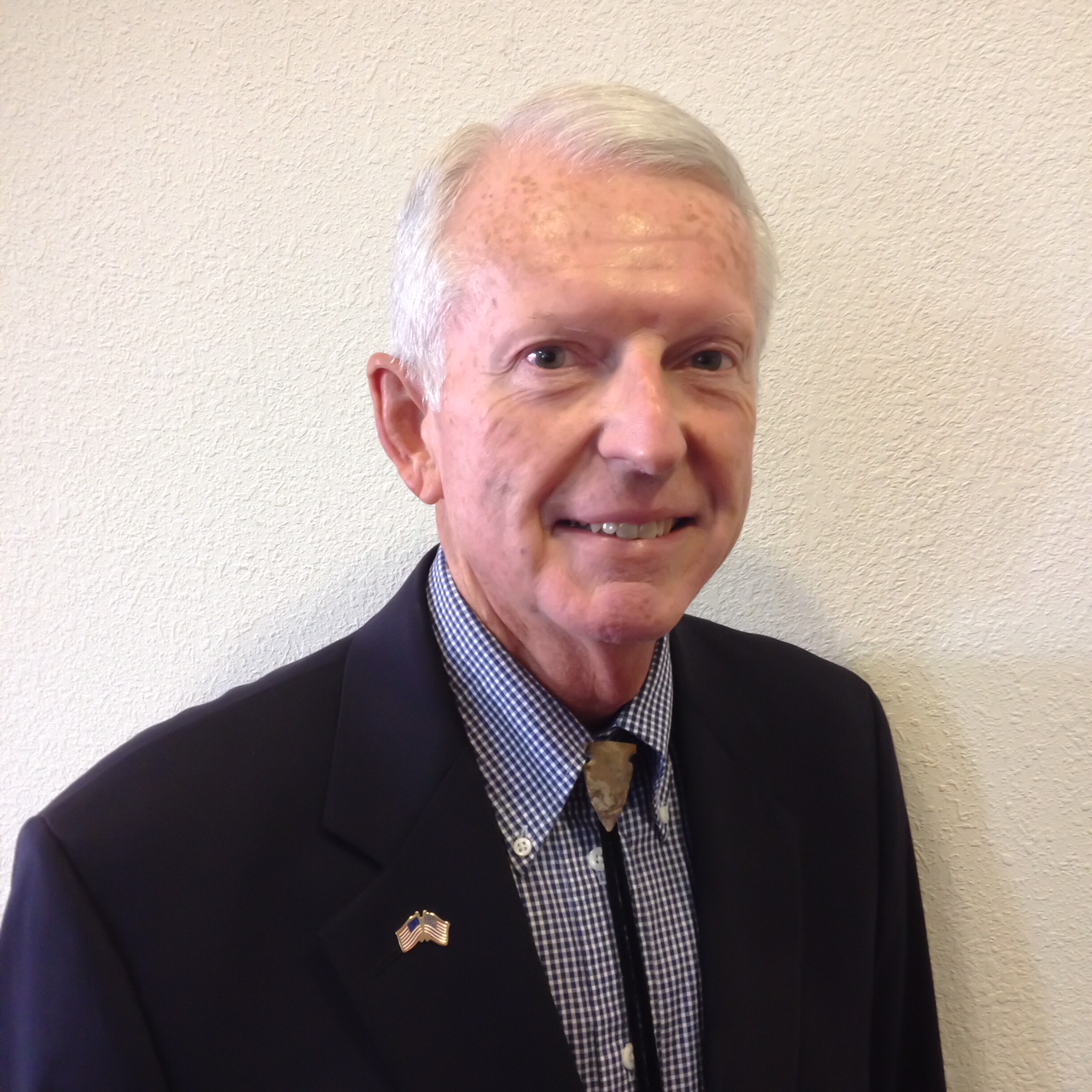
Q. This year, you serve as Resolutions Chair for the NCSS House of Delegates. Please tell us a little about the resolutions process, and your goals as Resolutions Chair this year.
A. This will be my second opportunity to chair the Resolutions Committee—I guess I am a “glutton for punishment!” Actually, I find the process of guiding and helping NCSS members to write resolutions and see them given consideration by the House of Delegates (HOD) one of the most democratic exercises that social studies educators can experience. It can be a bit daunting for first-time delegates, especially those who are not familiar with basic parliamentary procedure, but I hope to provide whatever assistance and advice is requested by those who want to help guide NCSS operations and activities in the future.
Q: Why are resolutions so important to NCSS and its members?
A. Resolutions help to guide NCSS Executive Director Larry Paska, the NCSS staff, and the NCSS Board of Directors as they make decisions about the expenditure of limited funds at their disposal, as well as opportunities to collaborate with other organizations with a common interest in standards, curriculum, teacher preparation, resources, and best practices in the classroom. Any NCSS member can write a resolution and follow the process to bring that resolution to the attention of HOD, an opportunity that is rare in many national organizations.
Q: What's an example of a really strong resolution?
A. It is difficult in my opinion to choose a single example. However, a member or affiliate that wants to see samples can visit the NCSS web site, specifically, at https://www.socialstudies.org/about/hod/resolutions. It is a good idea to check the site anyway, just to see if a topic of interest has already been addressed by HOD in past years.
Q. What's an example of a resolution that probably would not be approved by either the House of Delegates or the Board of Directors?
A. There are five categories of resolutions that help to define the kinds of resolutions that are likely to receive a positive response for the House of Delegates: social studies education, social and political issues, issues in the fields of social studies inquiry, business operations of NCSS, and commendations. A proposed resolution that endorses candidates for public office would probably not be entertained by the House of Delegates nor considered by the Board of Directors. However, issues that have an impact on our teachers and students on which there are distinct differences of opinion can provide some of the most interesting and valuable debate.
Q. How do you get to serve on the Resolutions Committee?
A. There are six members of the Resolutions Committee serving staggered two-year terms. Two members are elected each year by members of the House of Delegates during the NCSS annual meeting.
Q: Please tell us more about you. What has been your professional journey in social studies?
A. I was a high school social studies teacher for 20 years before I was “recruited” to apply for the social studies curriculum director at the Oklahoma State Department of Education. I served in that capacity during two review/revision cycles of the preK-12 social studies standards in Oklahoma, and was deeply involved in helping to write and field test our criterion-referenced tests at several grade levels in U.S. history, civics, and geography. Before retiring after 42 years in public education, I served as program director for the Oklahoma Alliance for Geographic Education for 11 years. Fortunately, I had a number of splendid mentors in Oklahoma all of whom encouraged me to be active at the national level in NCSS. I have attended most NCSS annual conferences since the late 1980s and have participated in HOD for at least 20 years.
Q. What has been one of the best benefits of your NCSS membership?
A. Only one?! The networking opportunities have been vital to whatever successes I’ve had, especially through the Council of State Social Studies Specialists (CS4), and I have made lifelong friends across the nation, from Maine to Hawaii and lots of places in between. And, when I was in the classroom, I used NCSS publications regularly to enhance my teaching.
R. Eugene Earsom’s Biography
A 5th-generation Oklahoma teacher, Earsom earned a BA in political science and a Masters of Social Sciences. He recently retired after 11 years as program director for Oklahoma Alliance for Geographic Education at the University of Oklahoma. Previously he taught high school social studies for 20 years, and served as Social Studies Director at the Oklahoma State Department of Education for seven years. He was named Oklahoma Teacher of the Year (1990). In 1997 he received the Teaching Excellence in Civic Education Award from the Close Up Foundation in Washington DC. Oklahoma Council for the Social Studies presented Earsom the Outstanding Service Award (2004) and the “Friend of Social Studies” Award (2014). He currently serves on the boards of New Hope Christian Church, Friends of Libraries in Oklahoma, and Oklahoma Educators Hall of Fame. He also serves on the Law-Related Education Committee of the Oklahoma Bar Association and the Black Heritage Committee of the Oklahoma Historical Society. In 2014-15 he chaired the Resolutions Committee of National Council for the Social Studies and is a member of Council of State Social Studies Specialists.
Submit a Resolution
Proposed resolutions are now being accepted for discussion by the 62nd House of Delegates Assembly at the NCSS Annual Conference in Chicago.
Learn More